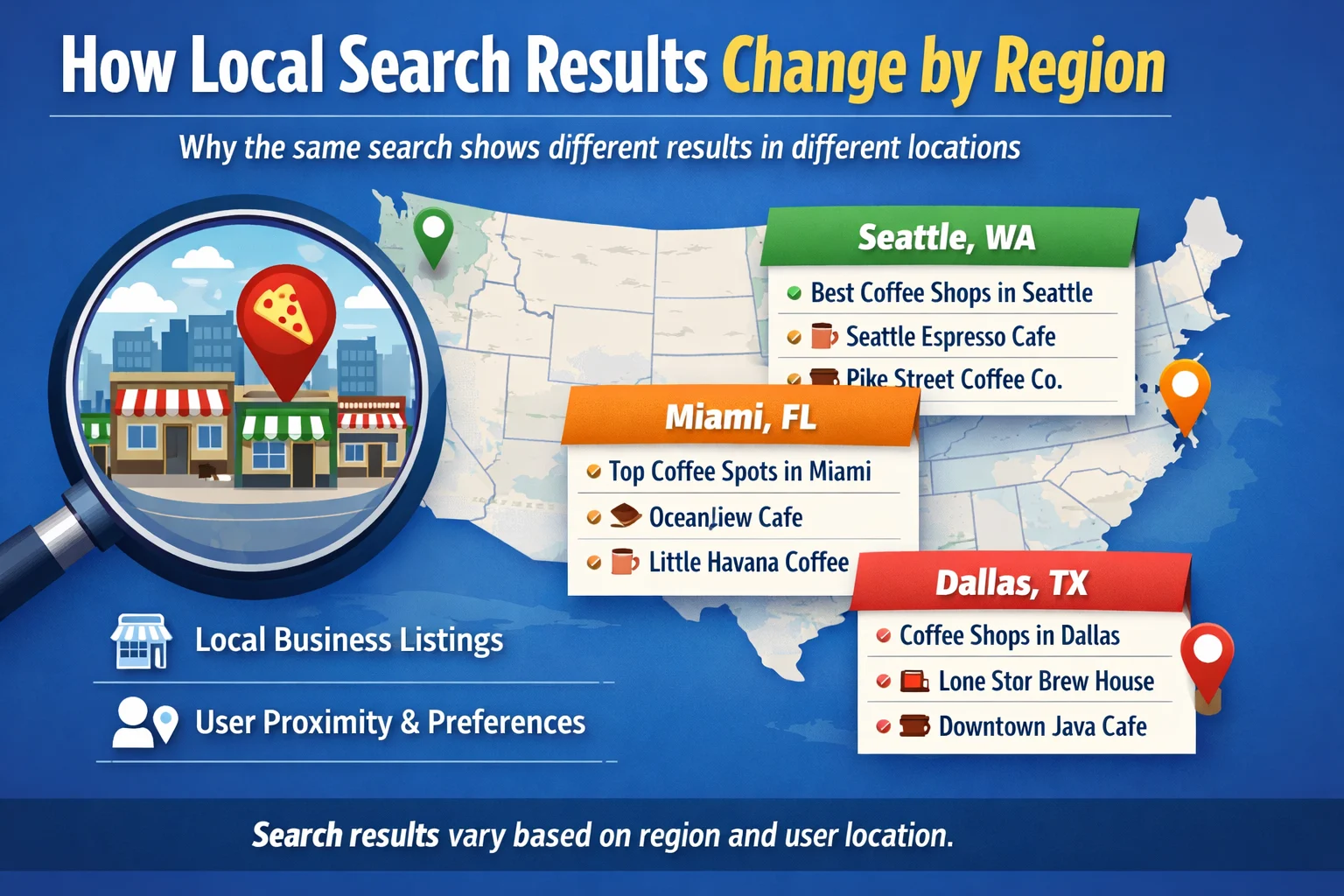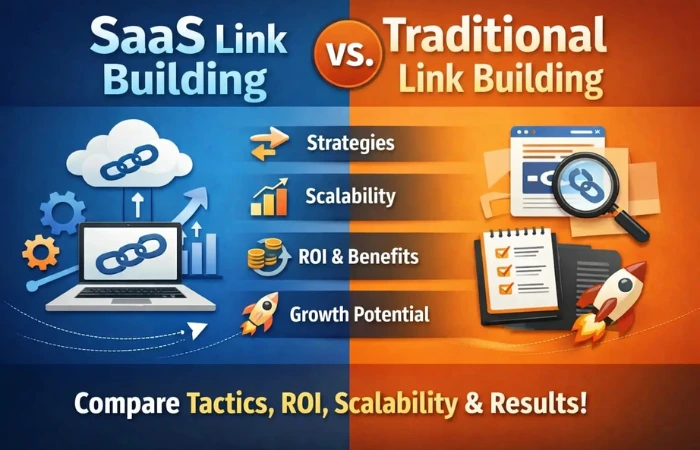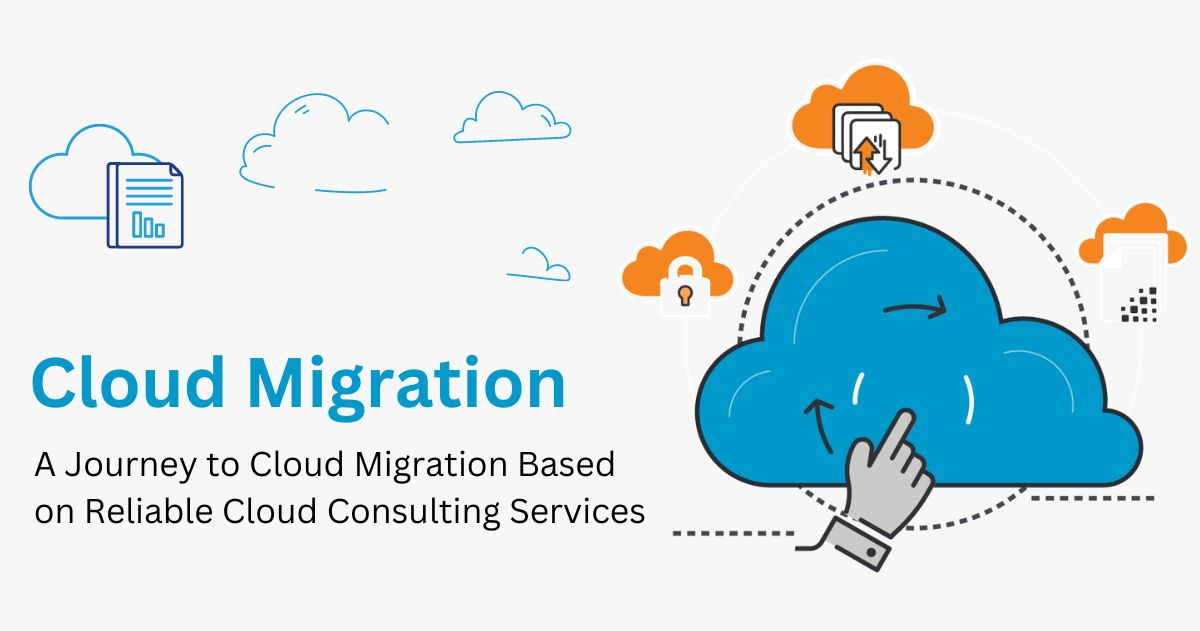Evolving Healthcare Landscape Drives Branding Importance
Now more than ever, healthcare centers around the patient as the consumer. With healthcare moving online, branding has become pivotal for companies to both reach and gain people’s trust. No one gets a pass on branding, from large hospitals to tiny clinics. Patients now get to pick from seemingly endless options for care – urgent clinics, telehealth apps, etc. So when choice keeps expanding, only groups with strong branding will stand out enough to attract loyalty long-term.
So when the extent of patient choice keeps stretching out like it is currently, only the healthcare groups with truly strong, human-level branding will stick out enough to attract patient commitment over the long run.
Branding Encompasses Full Patient Experience

If your branding doesn’t resonate to establish reliability, patients will just go elsewhere—possibly to a telehealth app. But good branding encompasses more than logos and taglines. It’s about every touchpoint – from the tech handling billing and records to the front desk and bedside manner. Each interaction makes an impression that feeds your brand.
That’s why the most successful healthcare brands don’t just adopt new technologies or put up flashy buildings. They ensure branding permeates through everything they do – like clear billing communication, personalized attention from nurses, and a convenient appointment booking system. When the complete experience aligns, that’s when branding starts winning patient loyalty.
Optimizing Clinical and Financial Outcomes
Veradigm recognizes branding’s immense value, offering health IT systems that strengthen care and financial performance.
Big areas are ePrescribing and electronic medical records software (EMR/EHR). Veradigm’s ePrescribe lets doctors digitally send scripts versus old paper ones, benefiting all stakeholders. Their EMR/EHR solutions integrate records and billing for interconnected access. Centralizing healthcare platforms not only improves care coordination and efficiency, but it bolsters branding, too.
Big areas are ePrescribing and electronic medical records software (EMR/EHR). Veradigm’s ePrescribe lets doctors digitally send scripts versus old paper ones, benefiting all stakeholders. Their EMR/EHR solutions integrate records and billing for interconnected access. As part of a comprehensive Hospital Management System, these tools help centralize healthcare platforms, improving care coordination, operational efficiency, and even strengthening healthcare branding.
Innovative techs like ePrescribing and EMR systems signal to patients and providers alike that an organization is invested in convenience and top care standards. You earn crucial trust and loyalty by building your brand around tech that enhances the patient experience.
Giving Patients a Cutting-Edge Experience
Veradigm also provides electronic medical record (EMR) and electronic health record (EHR) platforms to digitize patient data, from charts to billing, instead of paper files. With a patient’s full history integrated on Veradigm software, care coordination and quality improve. It also gives patients a modern, seamless experience versus redundant paperwork. Moving records online signals that an organization cares about using the best tech to deliver quality care.
Aligning EMR software with branding that prioritizes patient experience establishes credibility and innovation commitment. This earns the trust and loyalty that retain patients. So, whether through ePrescribing, digitized records, concierge medicine software, telemedicine, or other care tech, effective branding must center on improving patient experience. Use solutions like Veradigm’s to not just provide better services but also communicate vision and values. That’s how you build familiarity and preference.
Internal Brand Alignment is Important
While solutions like ePrescribe and EMR/EHR provide invaluable backend improvements, healthcare branding consists of much more than just adopting the latest technologies or having modern-looking facilities. Truly impactful branding at healthcare organizations starts internally with educating physicians, nurses, and staff on the brand promise so they can consistently deliver at every patient touchpoint.
Customized Patient Experiences
Whether it is personalized attention from caregivers or transparent communications around billing and pricing, patients expect healthcare experiences to be straightforward, convenient and focused on their needs every step of the way. When an organization manifests its branding from interior signage to how phone calls are handled or appointments are scheduled, the brand resonates much deeper with consumers.
Omnichannel Approach Required
Additionally, healthcare branding today goes well beyond hospitals and private practices. As the healthcare ecosystem expands to include more telehealth, remote monitoring devices, wearable technologies, mobile health apps, and even AI chatbots, branding must be thoughtfully integrated across these digital touchpoints as well.
Whether it is an urgent care clinic’s website and online appointment scheduler or a hospital’s AI-powered patient education bot, convenience and personalization are key. When digital experiences reflect an organization’s brand promise, it reinforces trust and familiarity with consumers.
Challenges in Healthcare Branding
However, managing and measuring an effective healthcare brand does come with its fair share of challenges in today’s complex marketplace. With numerous touchpoints across clinical and non-clinical environments, consistency is difficult.
Additionally, with various technologies and staff members involved in patient interactions, ensuring brand alignment across all of those elements requires substantial coordination. Healthcare leaders cannot afford to have branding fall through the cracks – it needs executive-level ownership and stewardship.
Standing Out in a Cluttered Marketplace
Another branding hurdle is standing out in a crowded ad landscape. As consumerism accelerates, health systems pump up marketing budgets for big campaigns. However, gaining mindshare requires creativity and personalization versus generic, broad content. Organizations must connect authentically with localized messaging. Though branding demands major investment, the returns from earned patient trust and loyalty are immense.
CRM Drives Personalization
Healthcare systems now apply proven branding best practices from retail. For example, investing in CRM platforms to create unified patient profiles. By documenting preferences, histories, and more in an integrated CRM, providers deliver customized experiences based on needs and loyalty. CRM analytics also identify opportunities to boost brand equity through better patient experiences.
Leveraging Impactful Storytelling
Memorable branding necessitates consistency across marketing channels – social, ads, engagement, etc. Though healthcare content requires accuracy per guidelines, expressing brand personalities with authenticity and relatability also matters. Showcasing physicians as thought leaders or presenting patient stories helps humanize brands. When patients see themselves in messaging, their emotional brand connections strengthen.
Building Familiarity and Mindshare
As patients increasingly flow to large regional networks versus smaller community providers, brand differentiation is now mission-critical for every healthcare organization.
By investing in cohesive branding across physical and digital settings, health systems and private practices alike can earn the familiarity and trust that sustains financial growth. While quality physicians, evidence-based practices, and leading tech like Veradigm EHR remain core priorities, branding is the key strategy for resonating with patients ahead. With accelerated consumerism, healthcare must elevate branding from an afterthought to a strategic imperative.
Final Thought
With growing consumerism and competition, strong branding is now imperative for healthcare success. Though physician reputations and clinical excellence remain foundational, branding drives patient trust and choice. By consistently delivering on brand promises at every touchpoint—from customer service to transparent billing and tech solutions like Veradigm’s ePrescribe and EMR—providers can offer experiences that deeply resonate.
Healthcare leaders must also view branding as pivotal for growth versus a superficial add-on. Those investing boldly and creatively in brands can earn consumer loyalty, credibility with partners, and sustainability amid intensifying industry competition.
Harsh Mistri is a Digital Marketing Executive with over 8 years of experience in SEO, online marketing, and growth strategies. He is passionate about exploring the evolving digital landscape and enjoys writing about technology, SEO, and digital marketing.







